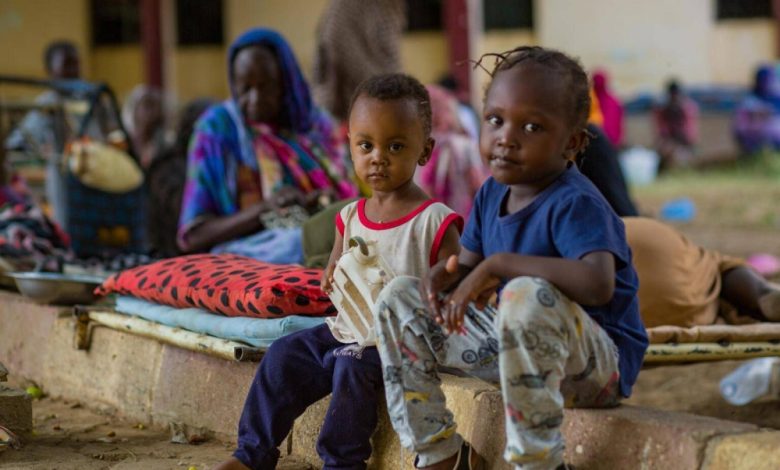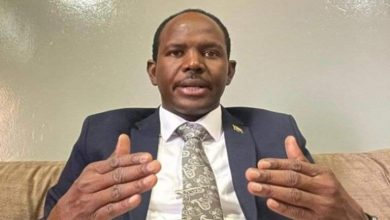
Sudan Events – Follow-ups
UNICEF Executive Director Catherine Russell said that more than half of Sudan’s 24 million children – about 14 million children – are in dire need of humanitarian aid, and that almost all Sudanese children are currently out of school, as children across Sudan continue to bear the brunt of the conflict tearing the country apart, she warned. “Reports of grave violations of children’s rights continue to come in at an alarming rate, with more than 3,800 children killed or injured since the escalation of the conflict in April 2023,” she said.
More than 400 children were reported killed or injured in North Darfur during the latest escalation of fighting in and around El Fasher, while the continued use of explosive weapons in populated areas poses additional risks to children and their families.
Civilians have been caught in the middle of the fighting, and the Saudi Hospital for Obstetrics and Gynecology, the only remaining functioning hospital, was bombed less than a week ago. “
More than a year into this brutal war, the pain and suffering of children in Sudan continues to mount,” said UNICEF Executive Director Catherine Russell, who is visiting Sudan these days.
Whether they are caught between the lines of conflict, forced to leave their homes, or witness their communities being torn apart, their lives have been turned upside down.
According to Russell, this situation includes the largest child displacement crisis in the world, and she stressed that children were not responsible for starting this war, but they are bearing the brunt of it.
The World must know what is happening to children in Sudan and insist that all parties to the conflict stop the violence and end this war.
UNICEF explained in a statement that approximately 9 million children are suffering from severe food insecurity and lack of access to safe drinking water.
Nearly 4 million children under the age of five are severely malnourished, and 730,000 of them are expected to face imminent death.
This is coupled with declining immunization coverage due to fighting and restrictions on access to services, and with ongoing outbreaks of diseases such as cholera, measles, malaria and dengue fever, hundreds of thousands more children are at risk. Death.
In Sudan, Russell met several children who told her painful stories of loss and grief.
An 11-year-old girl, Areej, described how she fled her home when the war reached Khartoum and how her friend who lived next door was killed.
Areej and her family were forced to flee again following the fighting in Gezira State, eventually ending up in a tent in Port Sudan. “Life is hard here. I was very sad to leave Khartoum,” she said. She now visits a UNICEF-run safe space for children, where she can draw, play and act like a child for hours. “I love drawing, and I can pour all my feelings into my drawings,” she said.
Another 15-year-old girl, Malath, told Russell that she hoped her parents, both teachers, would be able to return to work so they could buy food.
Math, like many others, fled the fighting without any belongings. “We had a house in Khartoum, it was a small house but it was our home,” she said. “
War creates a deadly combination of displacement, disease and hunger – a perfect storm for conflict-related famine and catastrophic loss of life for children. With 17 million children currently out of school, war could impact the lives of an entire generation of these children,” Russell said.



